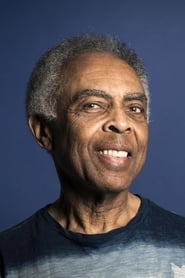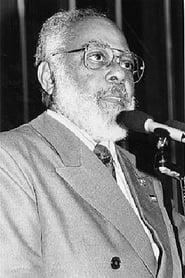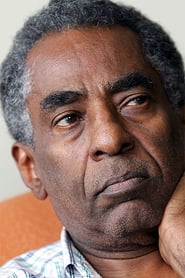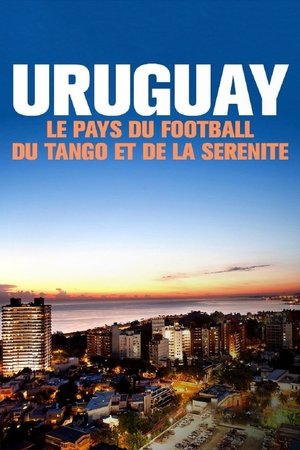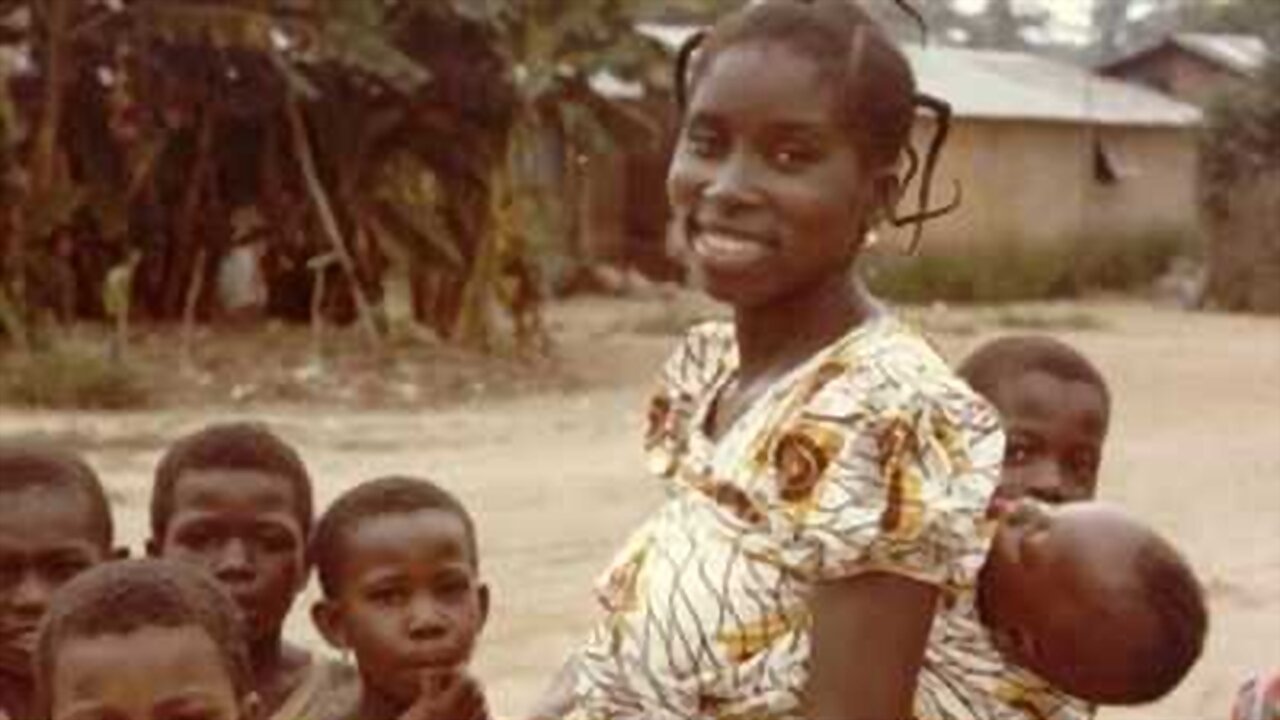

Ôrí(1989)
A look at the Brazilian black movement between 1977 and 1988, going by the relationship between Brazil and Africa.
Movie: Ôrí
Top 4 Billed Cast
(voice)

Ôrí
HomePage
Overview
A look at the Brazilian black movement between 1977 and 1988, going by the relationship between Brazil and Africa.
Release Date
1989-05-02
Average
8.2
Rating:
4.1 startsTagline
Genres
Languages:
PortuguêsKeywords
Recommendations Movies
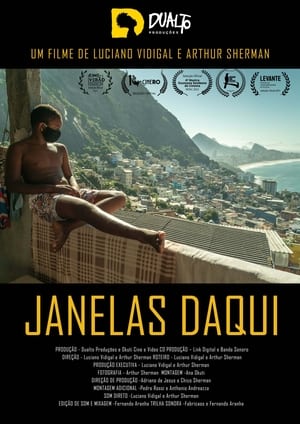 5.0
5.0Windows from Here(pt)
Through their windows, residents report criticism, poetry and reflections on the Covid-19 pandemic in the Vidigal favela.
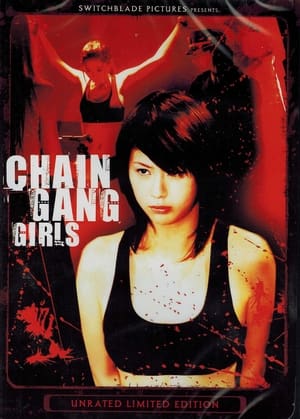 4.5
4.5Chain Gang Girls(ja)
Welcome to the Big House! It looks like any other prison, but this specialized penitentiary was designed from the ground up to hold Japan's most ruthless female inmates. That makes it doubly deadly, because while the guards may be brutal and sadistic, the inmates outnumber them by a hundred to one! At any second the final, fatal riot may erupt, stoking the flames of a thousand forbidden desires into an all-consuming inferno where it's every woman for herself! The shocking reality of Japan's secret prison system is exposed in Chain Gang Girls!
 9.0
9.0The Upload(en)
A group of AV students on the search for a groundbreaking story stumble across a school-wide scandal, one that poses a threat to their future education, but also to their friendship.
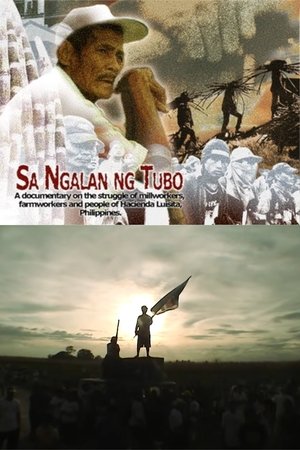 10.0
10.0Sa Ngalan ng Tubo(en)
A documentary on the struggle of millworkers, farmworkers, and people of Hacienda Luisita, Philippines.
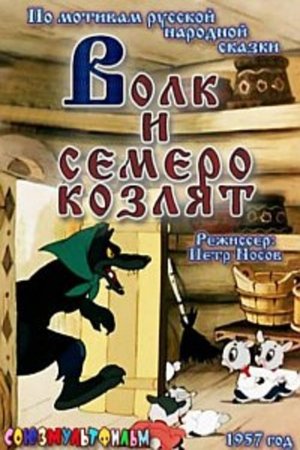 8.4
8.4The Wolf and the Seven Kids(ru)
One day, the Goat needed urgently to leave the house. Worrying for her children, she convinces her Goats to not open the door to anyone, especially if it is not her. And so that they could recognize her, the Goat taught them a simple song, according to which the Goats could immediately recognize their mother. But the wicked Wolf, like a thief and a bully, overheard their conversation and decided to kidnap the Goats, setting off on a trick. He asked the Bear, a forest blacksmith, to give him a thin voice to deceive the Goats, obviously hiding it himself.
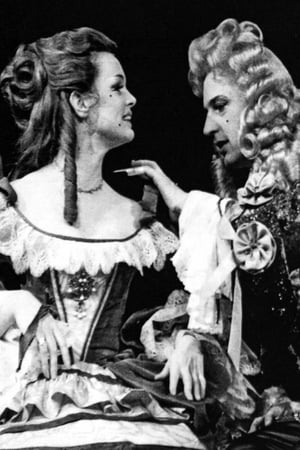 6.0
6.0The Misanthrope(da)
Bergman took one of his favourite plays to Copenhagen for a guest performance, which was even broadcast on Danish TV. In his Copenhagen The Misanthrope, Bergman maintained a dual approach. On the one hand, a production of Molière's play as a theatrical game performed in style and intellectually conceived; on the other hand, an exposure, through physical and psychological intensity, of the emotional tragedy in which Alceste and Celemine are both victims. Expectations were high prior to Bergman's production of The Misanthrope. A reviewer wrote, 'For the first time Molière's connection to the Danish stage is intercepted by a director whose forte is physiological tragedy, Strindberg over Holberg'. Many reviews had expected Bergman to put his very personal stamp on the production. Instead they experienced 'a clean Molière' and were struck by Bergman's faithfulness to the original mise-en-scene and to the classical rhythm of Molière's text.
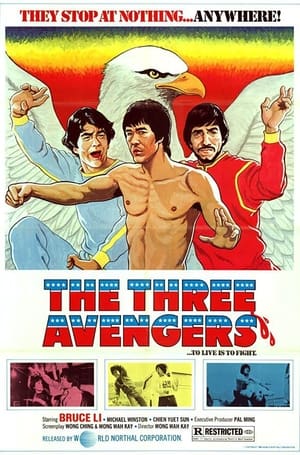 7.9
7.9The Lama Avenger(cn)
When two acrobats are fired for fighting with punks in the audience, they go to live with an aunt who's being pressured to sell her house for a real estate development. The developer's nasty son, Lee Fu, decides to muscle the sale, and soon he's at war with the acrobats, plus their unlikely ally, an American named John who used to be Lee Fu's friend. The acrobats open a kung fu school, the scene of several battles with Lee Fu's thugs. A fight to the death, jail time, auntie's surprise decision, a budding acting career, a possessive girlfriend, a debilitating injury, a friendship that needs recalibrating, and Lee Fu's avenger are all in the mix before the end.
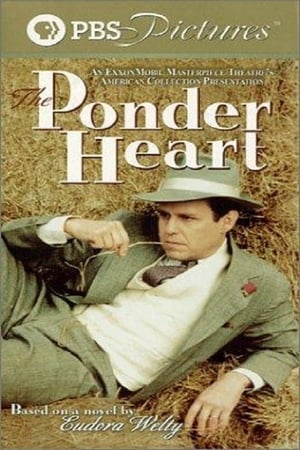 4.0
4.0The Ponder Heart(en)
Uncle Daniel Ponder moves to give away his fortune, while his niece, Edna Earle, tries to tighten the reins on Daniel's generosity. After Daniel marries teenager Bonnie Dee Peacock, her death leads to Daniel's trial for murder
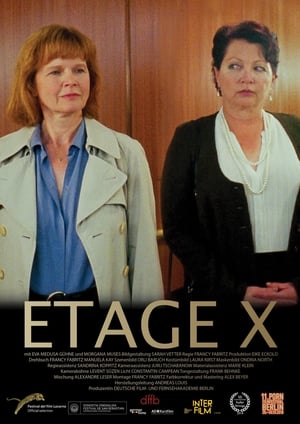 2.9
2.9Floor X(de)
An accidental meeting in an elevator at a department store leads two older women to their limits and forces them to improvise by the time the elevator gets stuck.
 4.8
4.8Me & You, Us, Forever(en)
A 47 year old Christian man on the other side of an unwanted divorce thinks back on his first love from high school and wants to see her again.
 8.5
8.5Rebekah Vardy: Jehovah's Witnesses and Me(en)
Rebekah Vardy goes on a personal journey through her difficult history with the Jehovah's Witnesses, meeting former members and uncovering secret documents.
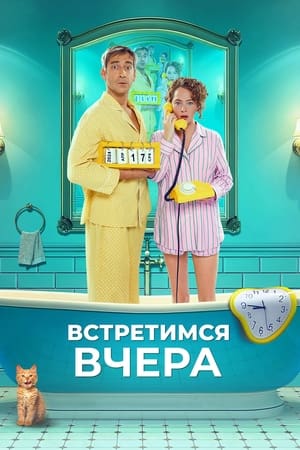 9.0
9.0See You Yesterday(ru)
Sergey and Anya are on the verge of divorce. For several years of family life, they managed to get each other hard. Anya reasonably considers Sergei to be a jerk, unsuitable for family life. Sergey got fed up with his wife's constant irritability, he is sure that Anya had never behaved like that before and was funnier. The couple are going to go to the registry office to put an end to the relationship, but fate orders otherwise. Leaving the house, the couple miraculously return to the apartment every time. And this is not the only oddity. It's winter on the calendar, summer outside, and the eternal 8:45 on the clock. And in this new reality, they will have to get along somehow.
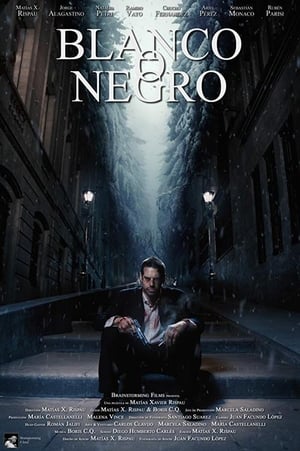 7.0
7.0White or Black(es)
Driven by an inhuman force, Adrián returns to the city to exact revenge for the murder of his girlfriend. The resurgence of an internal beast will make the city your hunting ground.
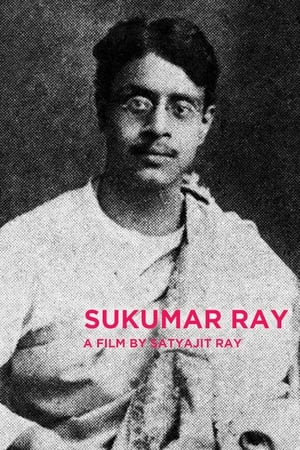 5.0
5.0Sukumar Ray(bn)
The film presents the life and work of the writer Sukumar Ray, Satyajit Ray's father. Ray made this film as a tribute to celebrate the centenary of his birth.
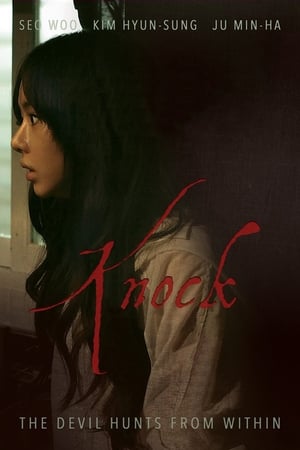 3.7
3.7Knock(ko)
Art student Jeong-hwa (Seo Woo) is moving to a smaller apartment by her school when she trips and falls, breaking a small statue on a box. She bends over to pick up the pieces and notices an amulet the shape of a queer mask and decides to use it for her exhibit assignment. After she moves she hears a weird knocking sound next door. She can’t sleep because of the knocking sound every midnight and starts sketching the amulet. One night, Jeong-hwa comes home late and runs into a strange woman with long tangly hair and barefoot in front of the elevator. She gets off without a word and starts knocking next door. Jeong-hwa is terrified, what is going to happen to her?
Similar Movies
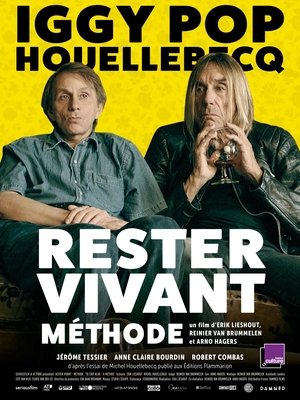 5.4
5.4To Stay Alive: A Method(en)
Iggy Pop reads and recites Michel Houellebecq’s manifesto. The documentary features real people from Houellebecq’s life with the text based on their life stories.
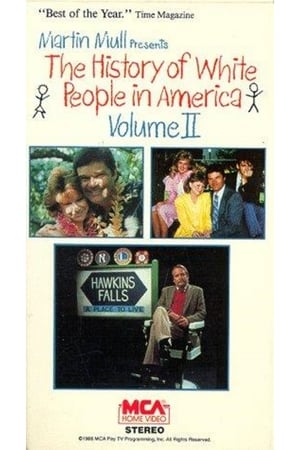 9.0
9.0The History of White People in America: Volume II(en)
In this daring follow-up to The History of White People in America, comedian Martin Mull takes us on an in-depth look at such topics as White Religion, White Stress, White Politics, and White Crime.
Bohemia Docta or the Labyrinth of the World and the Lust-House of the Heart (A Divine Comedy)(cs)
A labyrinthine portrait of Czech culture on the brink of a new millennium. Egon Bondy prophesies a capitalist inferno, Jim Čert admits to collaborating with the secret police, Jaroslav Foglar can’t find a bottle-opener, and Ivan Diviš makes observations about his own funeral. This is the Czech Republic in the late 90s, as detailed in Karel Vachek’s documentary.
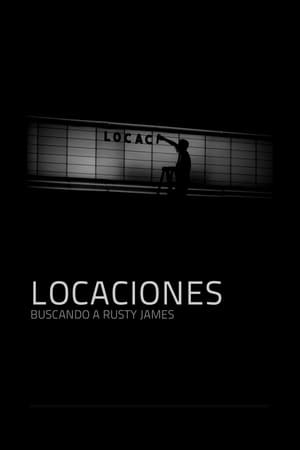 3.0
3.0Locations: Looking for Rusty James(es)
A personal meditation on Rumble Fish, the legendary film directed by Francis Ford Coppola in 1983; the city of Tulsa, Oklahoma, USA, where it was shot; and its impact on the life of several people from Chile, Argentina and Uruguay related to film industry.
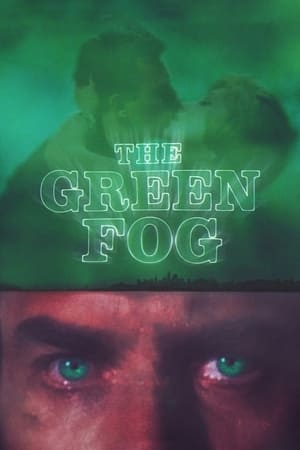 6.0
6.0The Green Fog(en)
A tribute to a fascinating film shot by Alfred Hitchcock in 1958, starring James Stewart and Kim Novak, and to the city of San Francisco, California, where the magic was created; but also a challenge: how to pay homage to a masterpiece without using its footage; how to do it simply by gathering images from various sources, all of them haunted by the curse of a mysterious green fog that seems to cause irrepressible vertigo…
 7.7
7.7When We Were Kings(en)
It's 1974. Muhammad Ali is 32 and thought by many to be past his prime. George Foreman is ten years younger and the heavyweight champion of the world. Promoter Don King wants to make a name for himself and offers both fighters five million dollars apiece to fight one another, and when they accept, King has only to come up with the money. He finds a willing backer in Mobutu Sese Suko, the dictator of Zaire, and the "Rumble in the Jungle" is set, including a musical festival featuring some of America's top black performers, like James Brown and B.B. King.
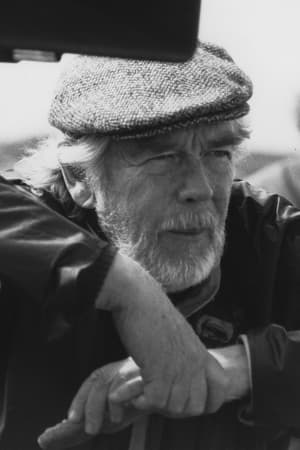 9.0
9.0The Vocation(sv)
Sven Nykvist, best known as Ingmar Bergman cinematographer, made this film as a tribute to his father who was a missionary in Kongo in the early 20th century. The story of his father Gustav Natanael Nykvist is told through his own photos, letters, and films. Director & cinematographer: Sven Nykvist. Narrators in the English dubbed version: Liv Ullmann & Sean Connery. Produced by Ingmar Bergman (Cinematograph AB). Digitally restored in 2022.
 3.5
3.5Der lange Weg ans Licht(de)
Edeltraut Hertel - a midwife caught between two worlds. She has been working as a midwife in a small village near Chemnitz for almost 20 years, supporting expectant mothers before, during and after the birth of their offspring. However, working as a midwife brings with it social problems such as a decline in birth rates and migration from the provinces. Competition for babies between birthing centers has become fierce, particularly in financial terms. Obstetrics in Tanzania, Africa, Edeltraud's second place of work, is completely different. Here, the midwife not only delivers babies, she also trains successors, carries out educational and development work and struggles with the country's cultural and social problems.
 8.7
8.7Jeronimo(en)
Born to Korean immigrant parents freed from indentured servitude in early twentieth century Mexico, Jerónimo Lim Kim joins the Cuban Revolution with his law school classmate Fidel Castro and becomes an accomplished government official in the Castro regime, until he rediscovers his ethnic roots and dedicates his later life to reconstructing his Korean Cuban identity. After Jerónimo's death, younger Korean Cubans recognize his legacy, but it is not until they are presented with the opportunity to visit South Korea that questions about their mixed identity resurface.
 6.2
6.2The Great Green Wall(en)
An epic journey along Africa's Great Green Wall — an ambitious vision to grow a wall of trees stretching across the entire continent to fight against increasing drought, desertification and climate change.
 4.9
4.9Visions of Europe(en)
Twenty-five films from twenty-five European countries by twenty-five European directors.
 6.5
6.5Killing the Indian in the Child(fr)
The Indian Act, passed in Canada in 1876, made members of Aboriginal peoples second-class citizens, separated from the white population: nomadic for centuries, they were moved to reservations to control their behavior and resources; and thousands of their youngest members were separated from their families to be Christianized: a cultural genocide that still resonates in Canadian society today.
The Cooking Show(en)
The cooking show is as old as television itself. But why do we like watching the making of a meal that most of us will never cook, let alone eat? Dirty Furniture’s jam-packed video essay is a rollercoaster ride through the history of the genre, at once a staple of television viewing and a hotpot of shifting perspectives and sociocultural values.
 10.0
10.0The Wildebeest Migration: Nature's Greatest Journey(en)
Every year, on the steppes of the Serengeti, the most spectacular migration of animals on our planet: Around two million wildebeest, Burchell's zebra and Thomson's gazelles begin their tour of nearly 2,000 miles across the almost treeless savannah. For the first time, a documentary captures stunning footage in the midst of this demanding journey. The documentary starts at the beginning of the year, when more than two million animals gather in the shadow of the volcanoes on the southern edge of the Serengeti in order to birth their offspring. In just two weeks, the animal herd's population has increased by one third, and after only two days, the calves can already run as fast as the adults The young wildebeest in this phase of their life are the most vulnerable to attacks by lions, cheetahs, leopards or hyenas. The film then follows the survivors of these attacks through the next three months on their incredible journey, a trip so long that 200,000 wildebeest will not reach the end.
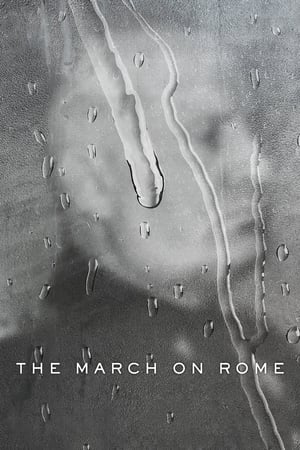 6.3
6.3The March on Rome(it)
The fascinating story of the rise to power of dictator Benito Mussolini (1883-1945) in Italy in 1922 and how fascism marked the fate of the entire world in the dark years to come.
 7.2
7.2God Grew Tired of Us(en)
Filmmaker Christopher Quinn observes the ordeal of three Sudanese refugees -- Jon Bul Dau, Daniel Abul Pach and Panther Bior -- as they try to come to terms with the horrors they experienced in their homeland, while adjusting to their new lives in the United States.
 0.0
0.0The Perfumed Garden(ar)
THE PERFUMED GARDEN is an exploration of the myths and realities of sensuality and sexuality in Arab society, a world of taboos and of erotic literature. Through interviews with men and women of all ages, classes, and sexual orientation, the film lifts a corner of the veil that usually shrouds discussion of this subject in the Arab world. Made by an Algerian-French woman director, the film begins by looking at the record of a more permissive history, and ends with the experiences of contemporary lovers from mixed backgrounds. It examines the personal issues raised by the desire for pleasure, amidst societal pressures for chastity and virginity. The film discusses pre-marital sex, courtship and marriage, familial pressures, private vs. public spaces, social taboos (and the desire to break them), and issues of language.
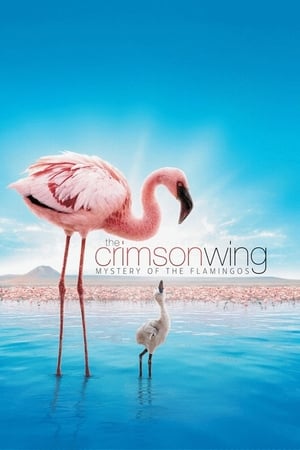 7.2
7.2The Crimson Wing: Mystery of the Flamingos(en)
In the remote and forgotten wilderness of Lake Natron, in northern Tanzania, one of nature's last great mysteries unfolds: the birth, life and death of a million crimson-winged flamingos.
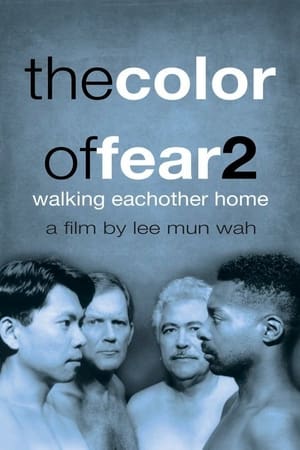 0.0
0.0The Color of Fear 2: Walking Each Other Home(en)
In THE COLOR OF FEAR, eight American men participated in emotionally charged discussions of racism. In this sequel, we hear and see more from those discussions, in which the men talk about about how racism has affected their lives in the United States. We also learn more about the relationships between them, and about their reactions during some of the most intense moments of that discussion.
Blood and Water(en)
When the 2004 tsunami hit the coast of Sri Lanka, 65-year-old Anton Ambrose's wife and daughter were killed. "In five minutes," he says, "I lost everything." A year later, Anton returns to Sri Lanka. With him is his nephew, award-winning filmmaker Rohan Fernando. A Tamil, Anton moved to California in the 1970s and became a very successful gynecologist. His daughter, Orlantha, made the opposite journey, returning to Sri Lanka where she ran a non-profit group that gave underprivileged children free violin lessons. Blood and Water is the story of one man's search for meaning in the face of overwhelming loss, but it is also filled with improbable characters, unintentional comedy and situational ironies.
